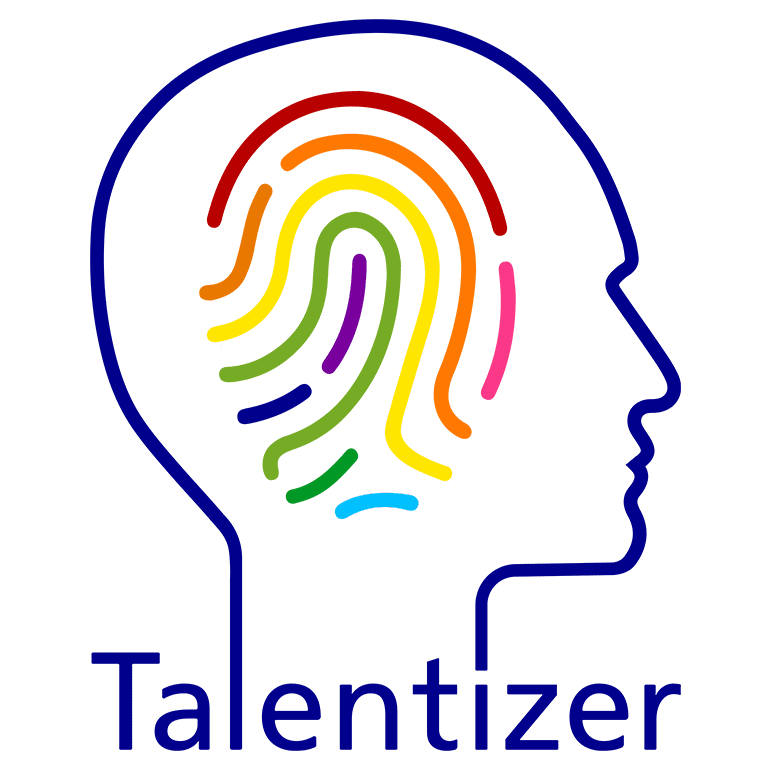
"Mobility centers fall short" is the headline above a recent article in the Financieel Dagblad. According to the article, an inventory showed that the return on investment of an arsenal of tools such as labor value scans, career advice and long-term counseling is shockingly low while the costs are enormous.
All in all, a worrisome situation especially considering the estimated 10,000 and 20,000 employees in the financial sector who are projected to lose their jobs in 2017. Redundancy is the order of the day not only in the financial sector but also in municipalities and governments and other industries. A large proportion of the redundant employees are 45 years of age or older, have worked in the relevant industry for decades and know no other world but this one.
Of course, finding the same or similar job at a different organization is not easy. Certain industries have struggled for years, and positions and organizations have disappeared. Organizations that do survive within their industry have often taken a different path. New or updated products and services and an other way of working have changed staffing needs quantitatively and qualitatively. Chances are, therefore, that someone with their years of knowledge and experience no longer (entirely) fits in.
Rediscovering yourself
Then it comes down to as Ruud Polet (55 plus and having worked at ING for 26 years) says in the article that you are forced to rediscover yourself. As a coretalents analyst, I am convinced that whatever step you make or have to make at any time in your career, going back to the core is essential. The practice I deal with daily also demonstrates this. Knowing who you are and what you want changes one's perspective and opens up other possibilities. Possibilities of which one is sometimes unaware. It helps to look outside one's "own" industry and previous positions. The career choices that are made are based on that which a person does automatically by nature and therefore likes to do. That is what challenges and motivates him/her.
In this respect, the tide is with us as companies increasingly hire people for who they are and not just and primarily because of what they can do. After all, with driven and motivated employees, better results are achieved and absenteeism is prevented.
Of course, in addition to wanting, the ability is also important. It is therefore necessary to identify which coretalents have developed into competencies over the years through education and work experience. And yes, that may mean that a person needs to take training or courses after age 50. However, developing strong coretalents is easy(er).
But more is needed. In the event someone goes to work in an entirely different industry and in an entirely different position, but very much so if such a turnaround is not made.
Here I would like to quote Ralf Knegtmans (from his book Agile Talent):
"A brilliant investment banker at ING is not automatically qualified for a similar position at ABN AMRO."
So it is also essential to know whether someone fits into the organization's context. Think about the mission, vision, goals, strategy, and culture of the organization. And the management/leadership style, composition, and working methods of the team, and so on.
In short, create new and more opportunities by (re)discovering what drives, challenges, motivates someone and take context into account when looking for a new workplace. Of course, this does not guarantee the thousands of job seekers, with age playing a not insignificant role in most of them, a job. In any case, it significantly increases the chances of finding a suitable job/workplace.



